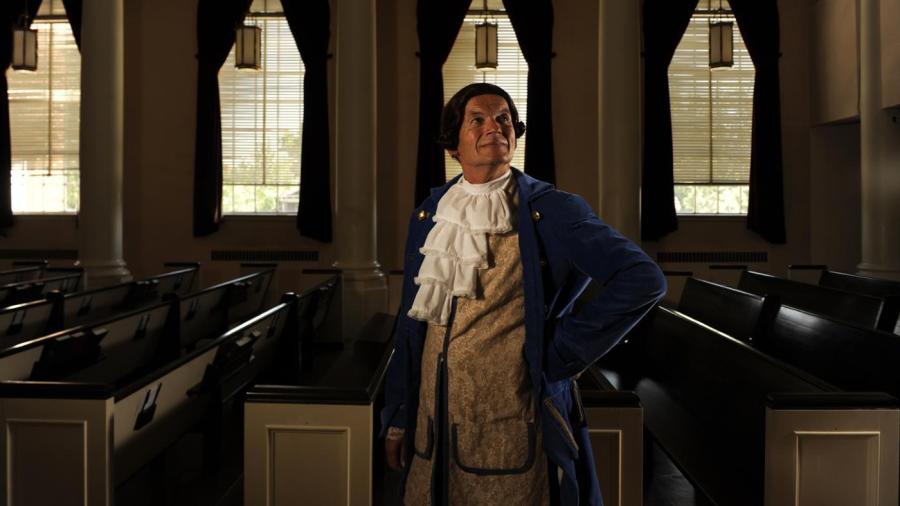Why Did Jefferson Oppose the National Bank?

Thomas Jefferson opposed the creation of a First Bank of the United States because he believed that such a centralized institution was not beneficial to his ideal of an agrarian lifestyle. He also believed that the United States Congress did not have the constitutional authority to establish such an institution.
At root, Jefferson did not like banks, especially large ones; he is famous for having said that the banking industry as a whole was “an infinity of successive felonious larcenies.” He was especially opposed to a government-supported national bank because he believed in an enlightened agrarian community, not in the business-dominated society that his opponents in the northern states favored. He believed that a national bank would increase the power of business relative to that of agriculture, dooming his ideal society. Furthermore, he pointed out that the United States Constitution did not give Congress the power to create a national bank. His opponents, who construed the Constitution more loosely than did Jefferson, argued that the document did not ban Congress from creating a bank, and that therefore such an action was actually constitutional. Jefferson lost the argument, and the First Bank of the United States was chartered in 1791. However, his ideas and arguments inspired President Andrew Jackson’s successful opposition to a new national bank 40 years later.





